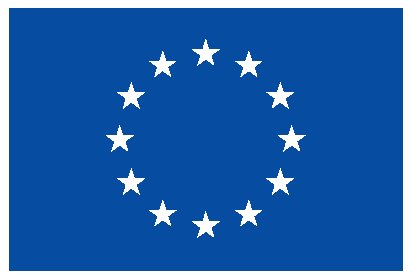Energy Flux Range Classification by Using a Dynamic Window Autoregressive Model
Hits: 7624
- Áreas de investigación:
- Año:
- 2015
- Tipo de publicación:
- Artículo en conferencia
- Autores:
-
- Gutiérrez, Pedro Antonio
- Fernández, Juan Carlos
- Pérez-Ortiz, María
- Cornejo-Bueno, Laura
- Alexandre-Cortizo, Enrique
- Salcedo-Sanz, Sancho
- Hervás-Martínez, César
- Volumen:
- 9095
- Título del libro:
- 13th International Work-Conference on Artificial Neural Networks (IWANN 2015)
- Serie:
- Lecture Notes in Computer Science (LNCS)
- Páginas:
- 92-102
- Organización:
- Palma de Mallorca (Spain)
- Mes:
- 10th-12th June
- ISBN:
- 978-3-319-19221-5
- BibTex:
- Abstract:
- This paper tackles marine energy prediction from the classification point of view, by previously discretising the real objective variable into a set of consecutive categories or ranges. Given that the range of energy flux is enough to obtain an approximation of the amount of energy produced, the purpose of this discretisation is to simplify the prediction task. A special kind of autoregressive models are considered, where the category to be predicted depends on both the previous values of energy flux and a set of meteorological variables estimated by numerical models. Apart from this, this paper introduces two different ways of adjusting the order of the autoregressive models, one based on nested cross-validation and the other one based on a dynamic window. The results show that these kind of models are able to predict the time series in an acceptable way, and that the dynamic window procedure leads to the best accuracy without needing the additional computational cost of adjusting the order of the model.







